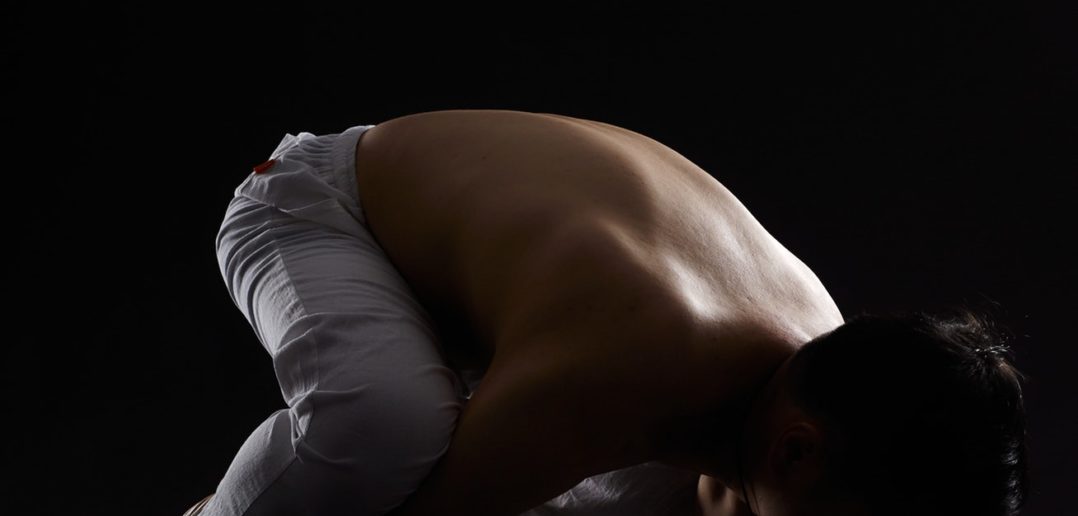A martial arts practice can offer you a host of physical benefits. Becoming more physically active is always good for your circulatory system, respiratory system, and mental health. However, martial arts, in particular, create an increased level of risk for injury. After all, practice will often involve sparring with others or pushing yourself to the limit. Don’t let pain control your exercise; instead, take a proactive approach to controlling pain as you practice martial arts.
Known Your Own Limits, But Try To Work With Them
Philosophies differ between different schools of martial arts, but generally speaking, acceptance of reality is important. Understanding that pain is part of living and part of your practice is a critical acknowledgment. Experiencing some pain is common, and you really should familiarize yourself with how different punches or kicks will feel. However, you don’t have to accept extreme or severe levels of pain as part of your practice. You should never push yourself to the point where you can severely injure your own body. That will not benefit you in the long run.
Adjust Exercises To Work With Your Injuries
If you have a pre-existing injury or medical condition, there are usually ways that you can adjust any exercise to accommodate that. You don’t want to exacerbate or worsen an existing injury. Instead, talk to your instructor about modifications. Making small changes to how you approach an exercise can reduce the risk of injury and keep you practicing for longer. Honoring your body’s current limitations can provide a great foundation for future improvement.
Treat Yourself Carefully After Practice
While it is impossible to avoid all pain during martial arts training, that doesn’t mean you just have to endure the pain after you are done. Take a nice warm shower to help your muscles relax. Use heat or cold packs as necessary on sore or injured areas. Take over-the-counter pain relievers, such as naproxen or Ibuprofen, to help deal with the pain and alleviate tissue swelling. Not only will that make you feel better, but it could shorten the recovery time between training sessions.
Caring for yourself properly is an important lesson for anyone, especially physically active students of martial arts. Take the time to learn your personal limits, and develop a healthy respect for them. With some prior planning and self-care afterward, you can minimize the pain you experience as a result of training in the martial arts.




